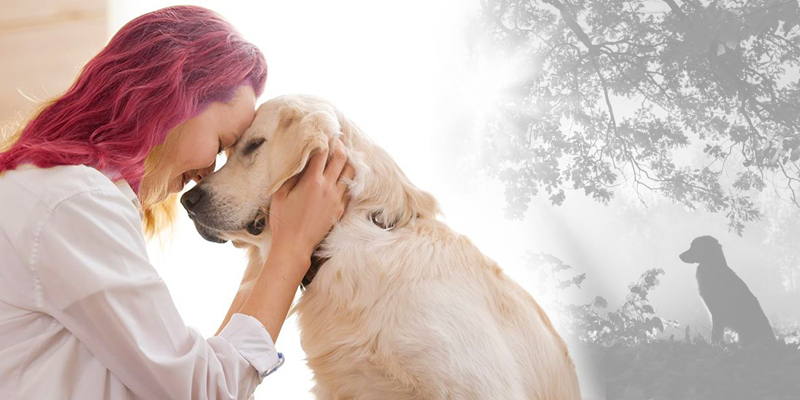Do Dogs Have Souls? | An In-Depth Exploration
Overview
Philosophers along with theologians and dog owners have been debating the possession of souls by dogs throughout multiple generations. The nature of consciousness and the soul together with human-canine bonds becomes a subject of concern in such cases.
This post will look at various angles on this fascinating subject.
Philosophical Perspectives on Animal Souls
Scientists continuously argue about whether animals possess souls throughout history. The 17th-century philosopher René Descartes considered animals to be robotic in nature because he believed they lacked both mind and more specifically the human soul. The nonhuman animal world executes its activities through automatic responses that do not achieve the level of human cognitive ability.
Some philosophers in modern times reject the mechanical view of dogs and other animals. Based on his research Thomas Nagel concludes that animals demonstrate internal experiences that indicate beyond basic mechanical reactions. A different interpretation indicates the existence of meaningful life within animals and even dogs.

Theological Conceptions of Dog Souls
Theological explanations about life after death differ across religious groups together with their sub-movements. Christian believers continue to maintain that people possess immortal souls but animals lack this essential quality. Human beings obtain their belief from God’s creation of them in His own likeness which includes the ability to reason and exercise moral choice.
Across time a number of theologians and religious thinkers have defended the existence of animal souls but they assign different types of souls to them. According to great kabbalists every living being including humans and animals contains souls yet their nature differs according to the principle of unequal creation.
The Christian belief system acknowledges that animals have souls although these souls differ from the human version. These animal souls possess “anima” which represents life essence but differs from human beings’ rational soul according to this belief system.
Mini Aussiedoodle | The Ultimate Companion for Active Families
Dog Kidney Failure | When to Euthanize
Insights into the Science of Animal Consciousness
Research into animal consciousness creates advantages for such scientific debates. Experimental data confirms that dogs behave with signs indicating moderate self-awareness abilities combined with emotional functioning. Dogs demonstrate a range of emotional expressions which include happiness in addition to sadness together with numerous other feelings. Several people view these reports as evidence that confirms the existence of both soul and inner life.
Science continues to doubt whether animals should be defined as having superior human qualities and consciousness along with soul. The undeniable fact that dogs possess great intelligence and emotional depth does not answer the metaphysical question about whether these animals have souls.

Cultural and Personal Beliefs
People throughout different cultures and experiences have diverse viewpoints about whether dogs possess a soul. People who have dog ownership experience strong bonds with their pets and treat dogs like part of their family or their soul-dogs.
Citizens use close friendships with their pets as evidence to suggest souls exist in the afterlife. The word “souldog” used by numerous people describes a “dog with or to whom someone is bound in an extremely significant bond or through a spiritual connection therefrom.”
Many societies have cultured various symbolic meanings of dogs which can include guardian roles during afterlife and spiritual friendship responsibilities. The cultural narratives demonstrate how human beings have maintained strong bonds with animals and naturally assign spiritual qualities to dogs throughout history.
Ethical Implications
Soul beliefs about dogs during human-animal interactions create key moral issues especially concerning animal rights and welfare regulations. Nobody can tell for sure whether dogs possess souls but those who believe this fact holds true must consider animals morally in their treatment. Such beliefs directly impact how a person views adopting pets along with caring for pets and their use in research experiments.
Views about the possession of a soul by animals create different perspectives on how they should be treated. Understanding dog emotional and psychological abilities promotes practitioners to interact with dogs with higher ethical and humane standards.
Conclusion
The question about canine souls remains without resolution as it triggers debates between philosophy, theology, science and beliefs often based on personal views. Investigating the topic leads to better understanding of animal-human bonds together with examining our ethical boundaries when interacting with these animals.
What matters most is our connection with dogs regardless of the question about their souls because it leads us to respect and compassionately care for them.







